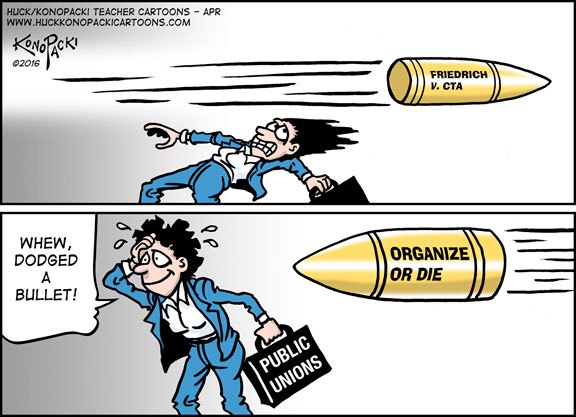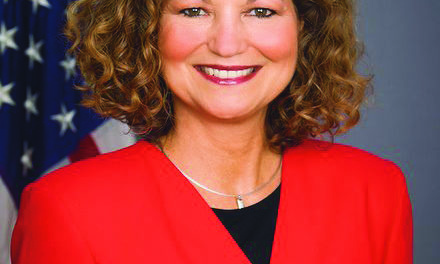Starbucks has successfully beaten back numerous union challenges over the years and it has gone to great lengths to discourage unionizing. The company was even cited in June by an administrative law judge for unlawfully firing two employees to stop a unionizing effort in Philadelphia.
But chronic understaffing, intensified during the pandemic, has led to Starbucks workers in Buffalo to file petitions to unionize at three area stores.
The employees are seeking to hold elections store-by-store, each of which has about 20 to 30 workers, though the company has asked the labor board for a single vote. In a hearing held by the NLRB, Starbucks’ attorney Alan Model said, “The facts and the law do not support holding individual and separate elections.”
Model is arguing that because of the similarities among the stores, any labor vote should include employees at all 20 locations across the Buffalo area not just the three stores seeking to unionize.
Law requires 30 percent of eligible workers sign union cards for a workplace to qualify for a vote. The union, organized under Workers United as an affiliate of the Service Employees International Union and calling itself Starbucks Workers United, says they have “strong majorities” at each of the stores.
Shift supervisor and union supporter Alexis Rizzo told the New York Times that “pandemic labor shortages—the fact that for once we’re not totally disposable, they need us—it was the perfect time” [to unionize]. Rizzo has met with union organizers on and off over the years but told the Times that the timing just never felt right.
Since filing for an election, workers in Buffalo received a text message inviting them to attend several listening sessions to “discuss what their experience with the company has been.” A company spokesman, identified by the Times as Mr. Borges, said those sessions are standard at the company.
Employees say the company has stoked fear since the filing. A Buffalo barista told the Times that several shift supervisors at her store, who had previously discussed the store’s problems openly had become “tense and uncommunicative after being called into a meeting with a manager.”
Members of the organizing committee have asked Starbucks CEO Kevin Johnson to endorse a list of “fair election principles.” They include refraining from explicit and implicit threats against workers. ■







